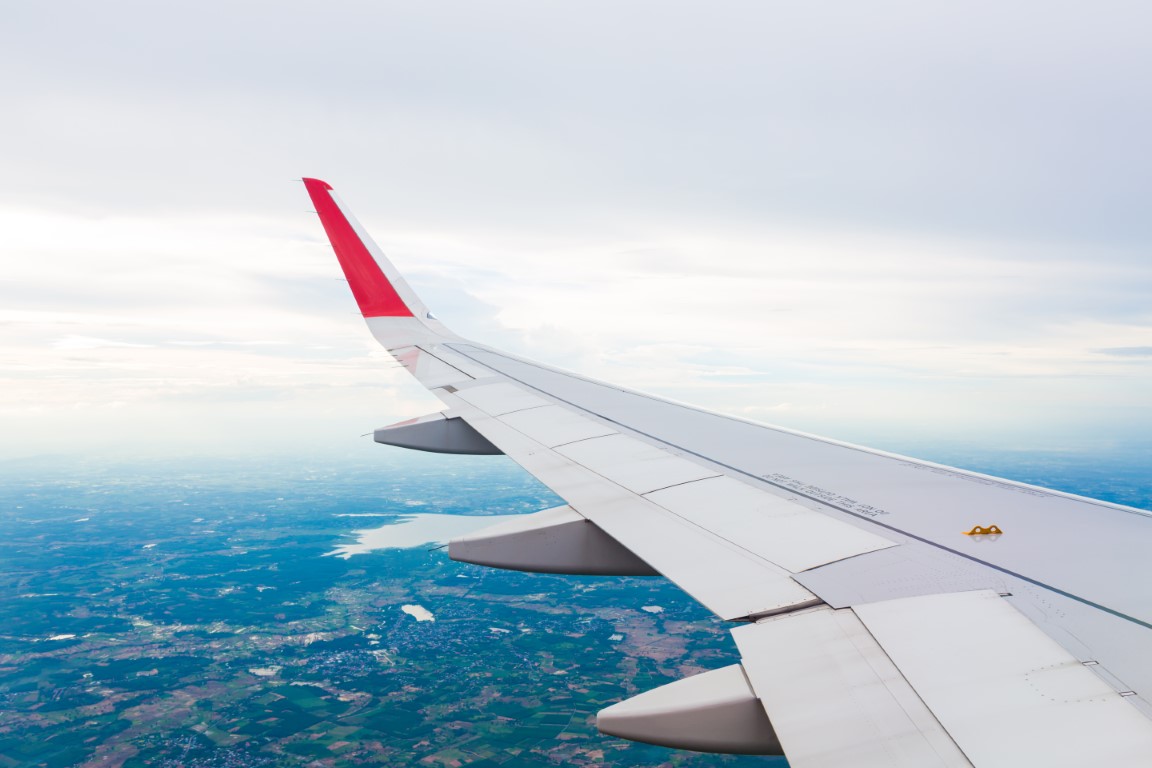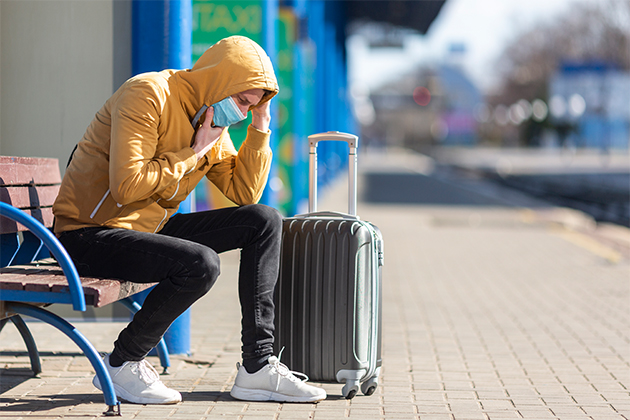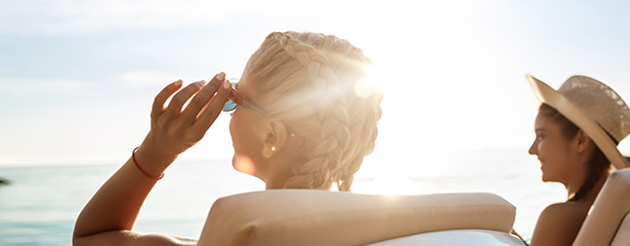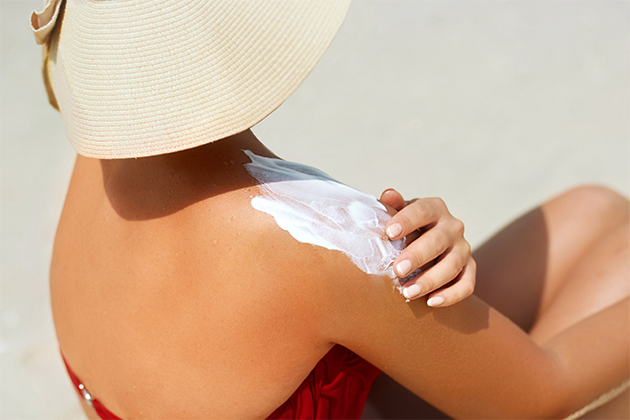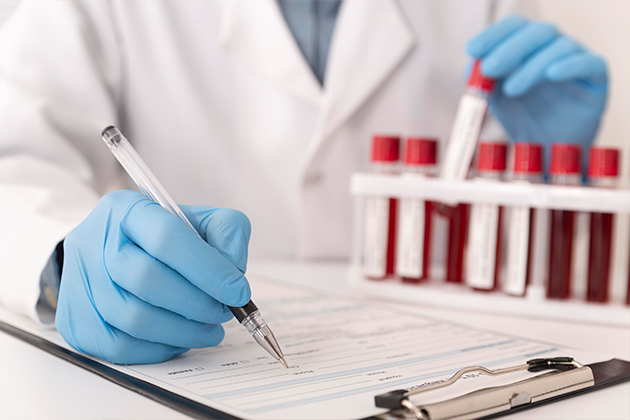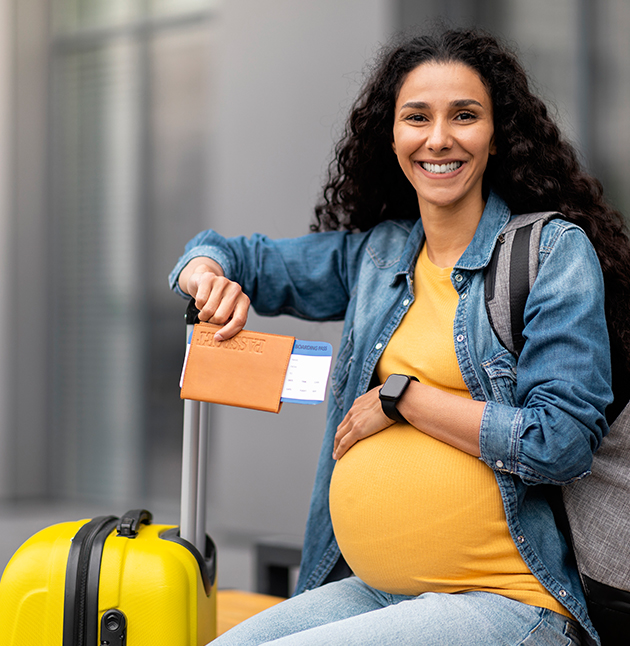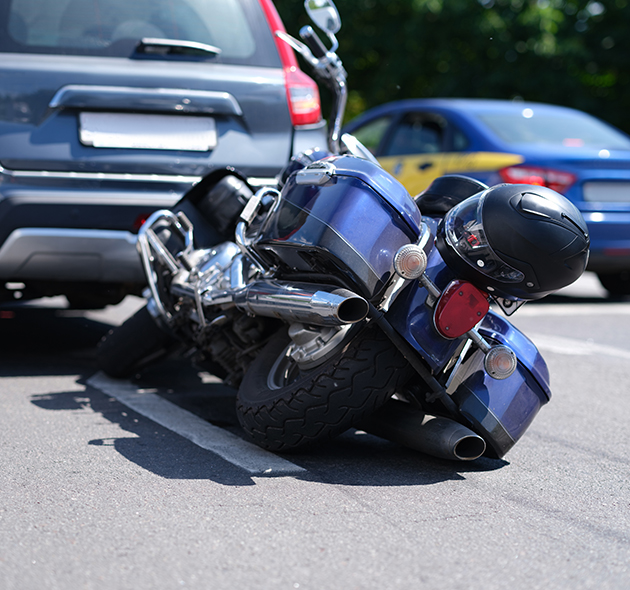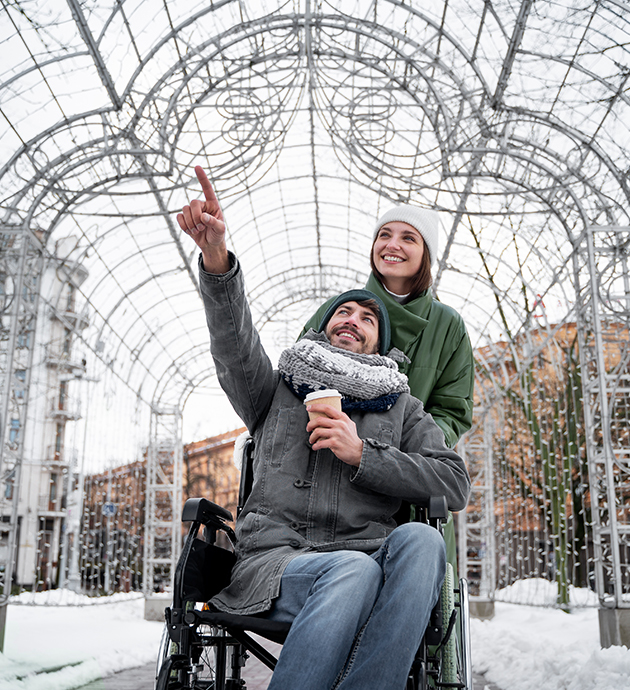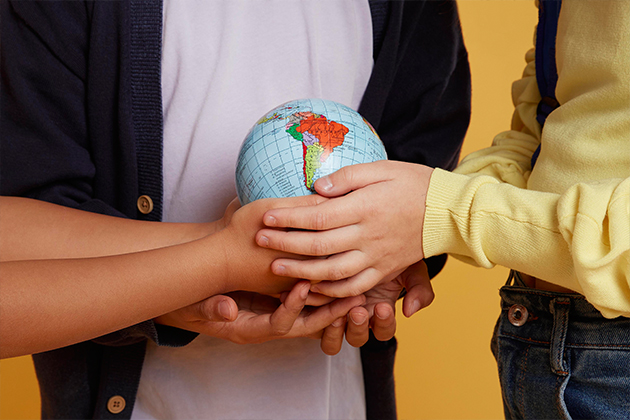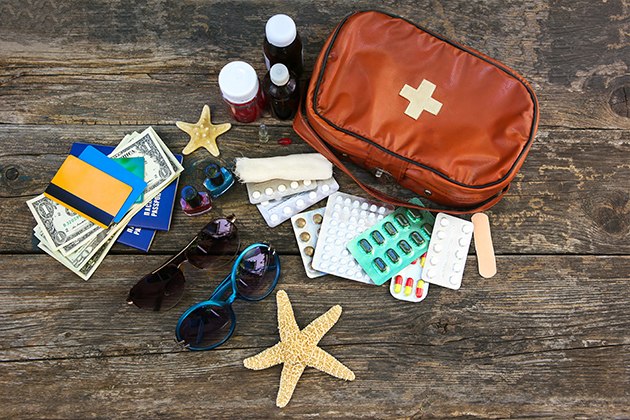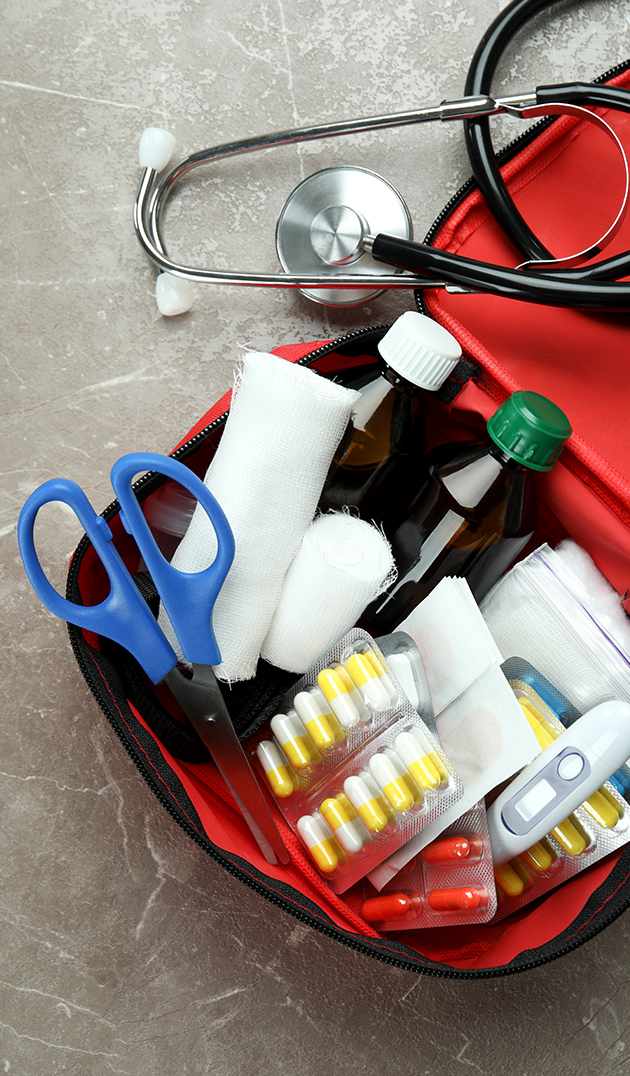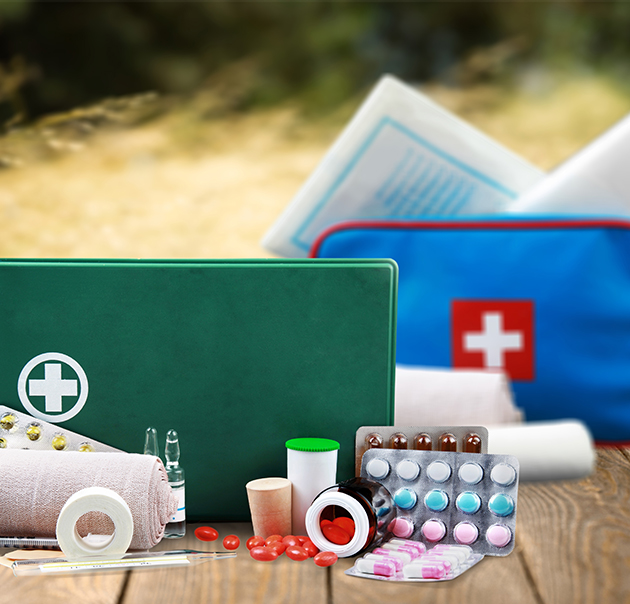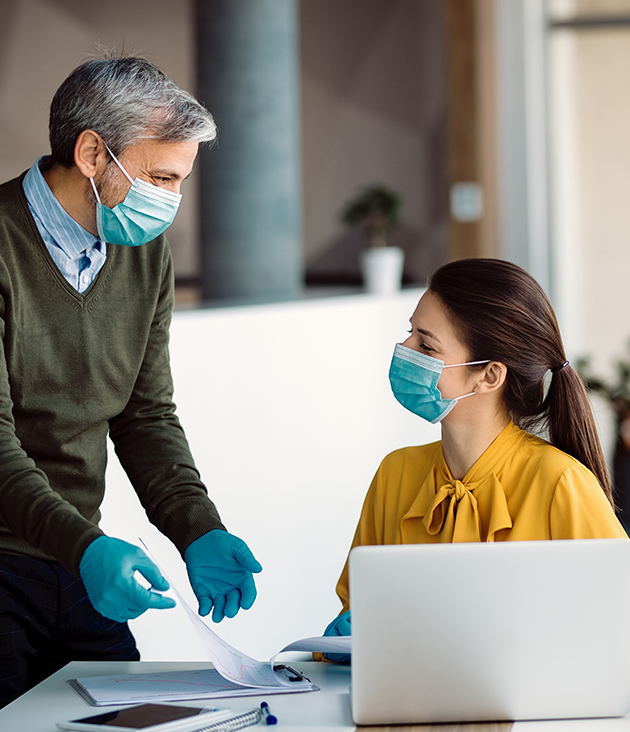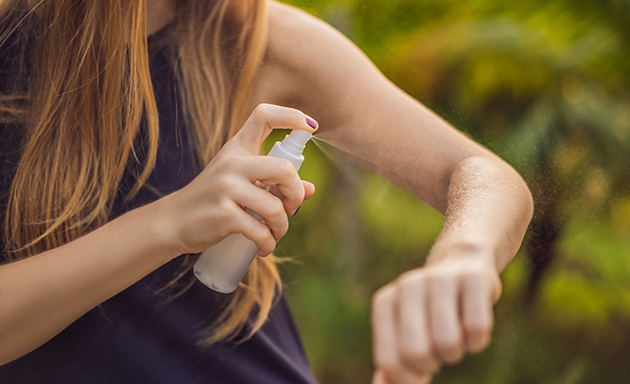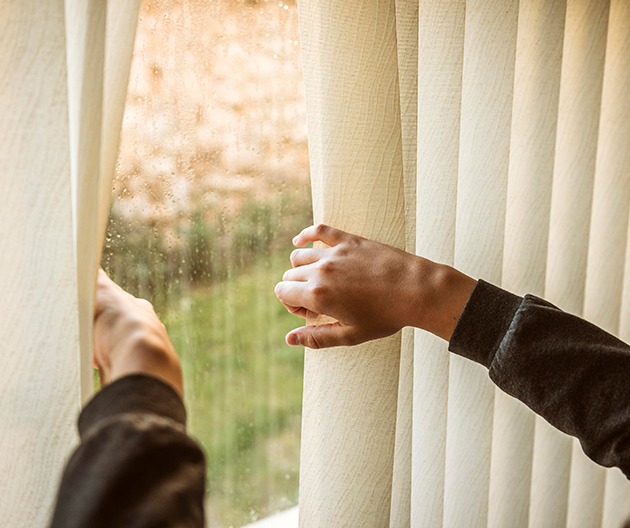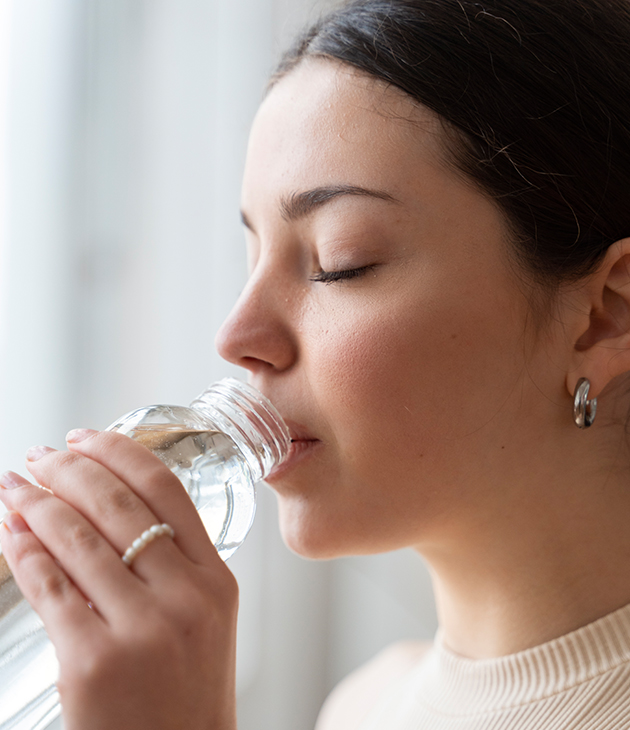People differ considerably in whether or not they react to attitude changes. In general, travelers whose itineraries take them to altitudes above 8,000 feet should be aware of the risk of altitude sickness.
It is particularly important if you have any underlying medical conditions, sickle cell anemia, asthma, emphysema or other breathing difficulties to talk to your doctor before you plan a high altitude journey.
The most common type of altitude sickness is acute mountain sickness (AMS), caused by the effects of low oxygen to the brain. A dull and throbbing headache together with nausea, vomiting, loss of appetite, fatigue, dizziness or insomnia are characteristic of AMS. If your itinerary puts you at risk, we can give you more details about the condition and ways to minimize the effects of altitude sickness.


